Nursing boom: Accelerated B.S.N. enrollment to increase 133 percent
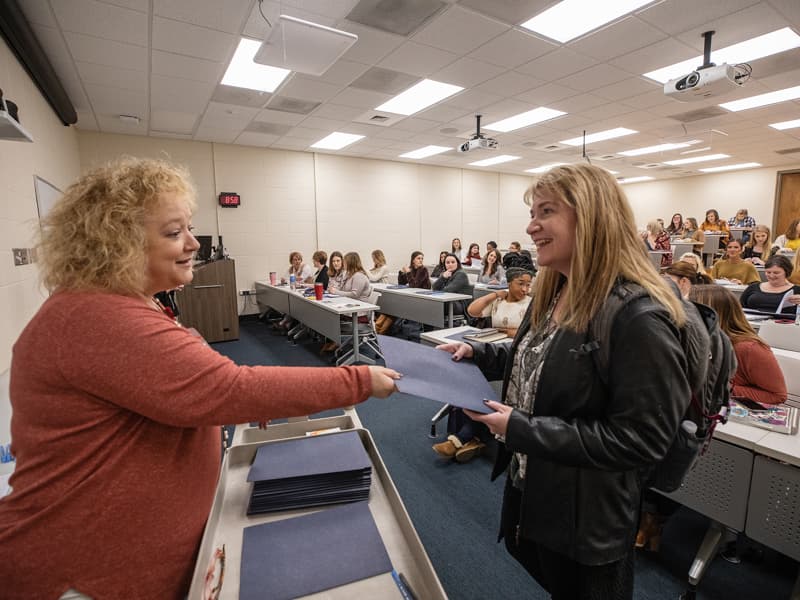
You may see more students in scrubs on campus in January after the Accelerated Bachelor of Science in Nursing program more than doubled its class size from 30 to 70.
The program, which is made up of a continuous three-semester curriculum, runs from January to December.
Dr. Kim Hoover, former SON dean, made it her mission to expand the class size in Jackson, and interim dean Dr. Mary Stewart continued the push when Hoover retired. The main hurdle standing in the way was space, but when the school acquired areas of the Classroom Wing, however, Hoover’s mission became achievable.
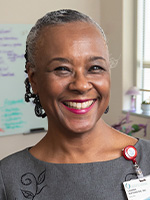
“We were admitting 30 students, and we would have 80 to 90 applicants each year,” said Dr. LaDonna Northington, interim dean for academic affairs and assistant dean for undergraduate programs in the SON. “It is very, very competitive … If you think about it, these are people that have a degree, they are motivated to do this and have already been successful in another area.”
Dr. Ralph Didlake, associate vice chancellor for academic affairs, said Hoover and Stewart recognized the value of the accelerated program and the need to expand it.
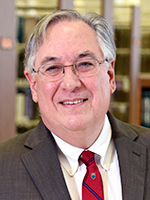
“Dr. Hoover recognized that the accelerated pathway is an effective method to get qualified students through a rigorous nursing curriculum, licensed and into the health care workforce in a short time. She was very committed to expanding the capacity of the accelerated programs and making these programs available in other regions of the state,” said Didlake.
Dr. Julie Sanford, the current dean, sees the same value in the accelerated program.
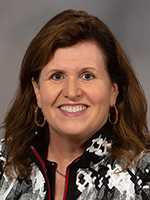
“Mississippi has a tremendous need for nurses and this program growth will help prepare more nurses to fill shortages across the state,” Sanford said. “We are excited to increase enrollment in our accelerated BSN program as these graduates are ready to practice at high levels in multiple healthcare settings.”
“Hospitals and other employers have responded well to the accelerated nursing graduates and appreciate the maturity and additional skill sets they bring forward,” he said.
The School of Nursing began offering the accelerated nursing program in Jackson in 2006, and UMMC is one of the few institutions in the state offering an accelerated nursing degree for students who already have one degree. The program has also been offered in Oxford since 2014, and a new space made it possible for that program to increase its class size this year with the eventual goal of doubling it.
The accelerated program is designed for people who have a minimum of a bachelor’s degree in another field and wish to change career paths quickly. Students take part in clinical training and classroom instruction.
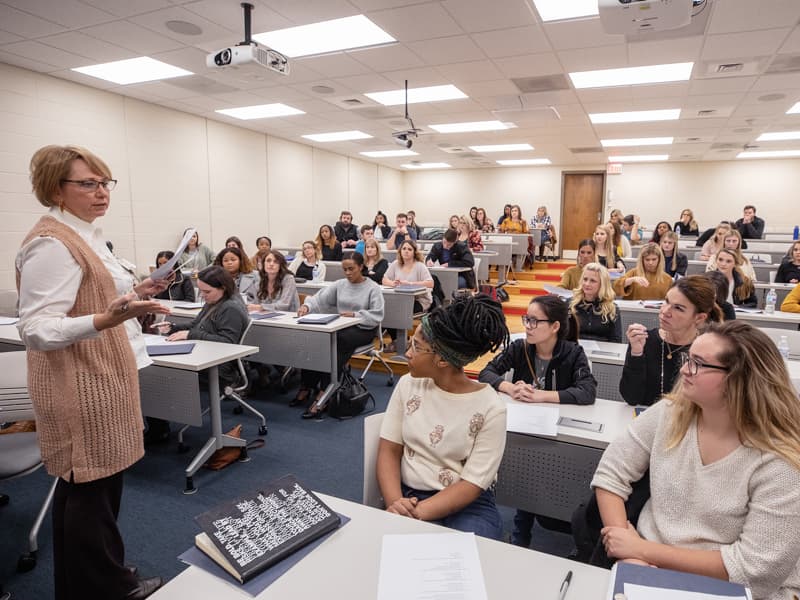
The accelerated program is becoming increasingly popular, including for students who want to blend nursing with another degree, like kinesiology, nutrition and psychology, to name a few.
“It makes them more versatile … if you choose to go the nurse practitioner route it works to your advantage, and if you choose to stay at the bedside it works to your advantage,” Northington explained.
Haley Wicker of Bogue Chitto is one of those students in next year’s class.
“My nutrition and dietetics degree will definitely aid me in my coursework and in my career. Most diseases can be linked to our diet and can be prevented,” she said. “ … I believe in a more proactive approach to our health. Mississippi places first in areas we do not wish to be.”
Wicker is considering blending the two degrees by becoming a certified diabetes educator or a certified lactation consultant.
Northington said another benefit of the accelerated program is the one-on-one time with preceptors during clinical training, as opposed to being in a group of eight or nine students as is common in the traditional program.
“There’s a deeper understanding the whole way through even though it’s more condensed,” said Northington.


